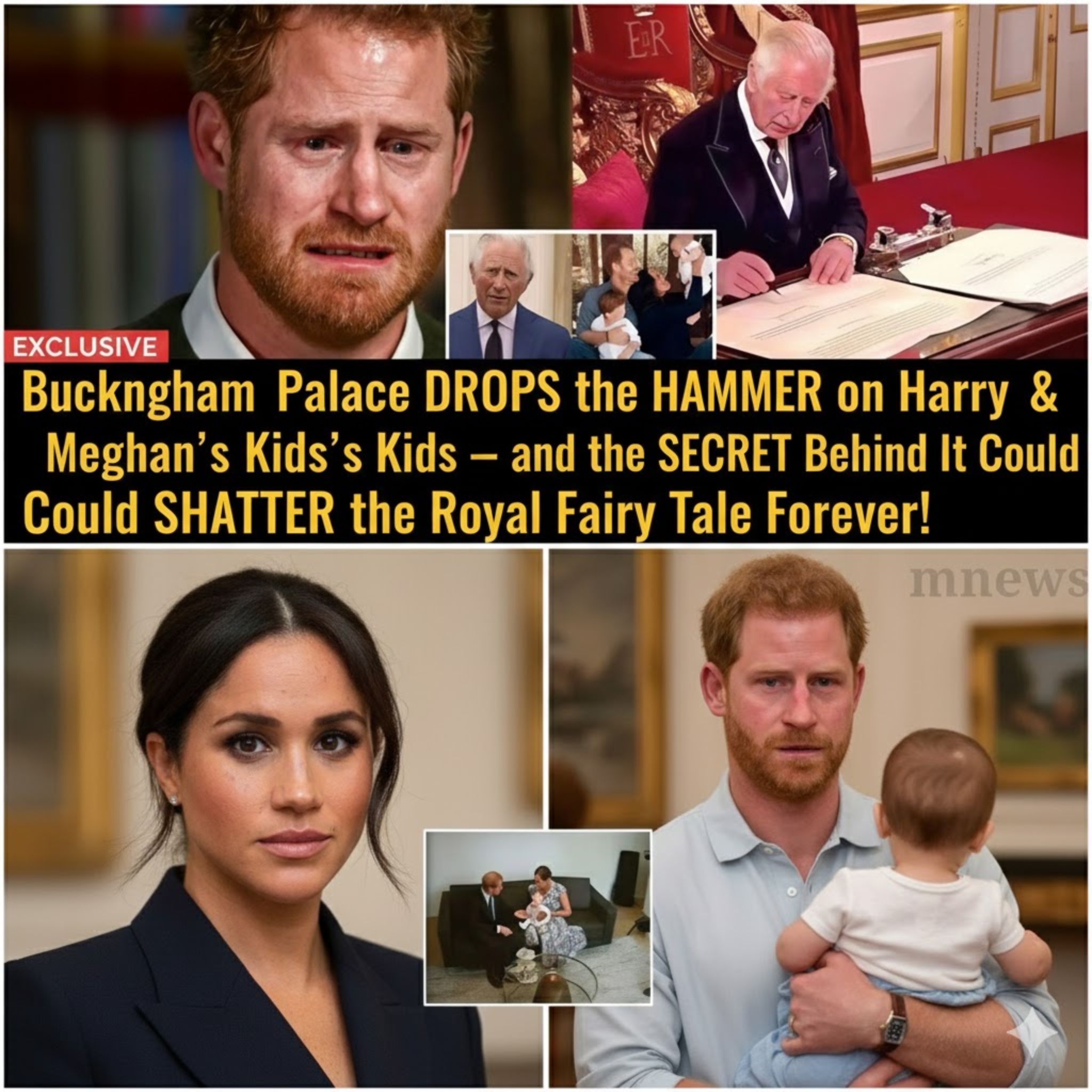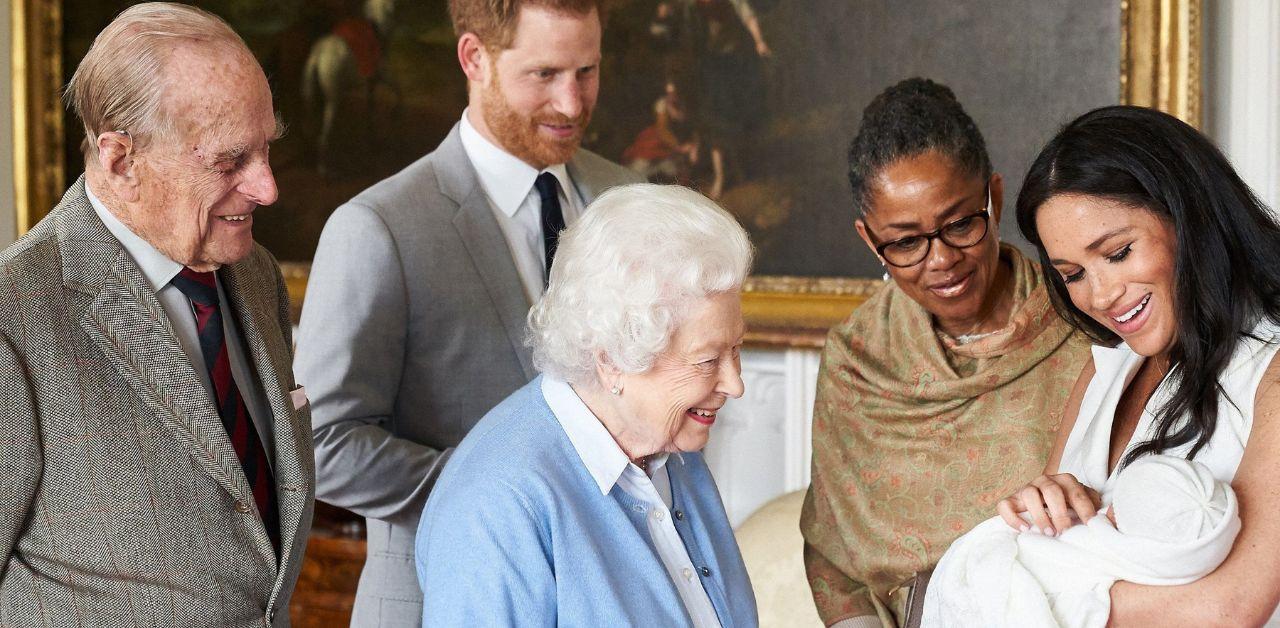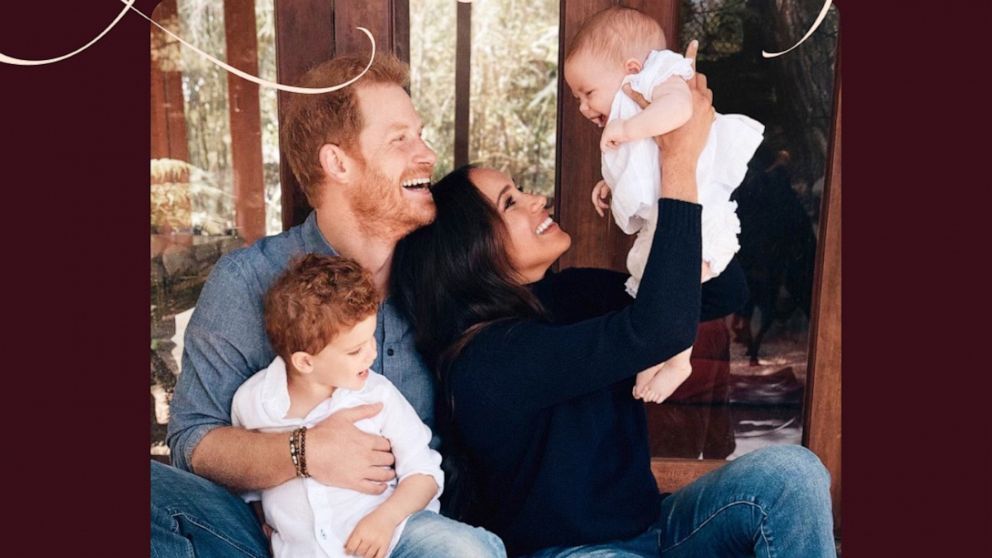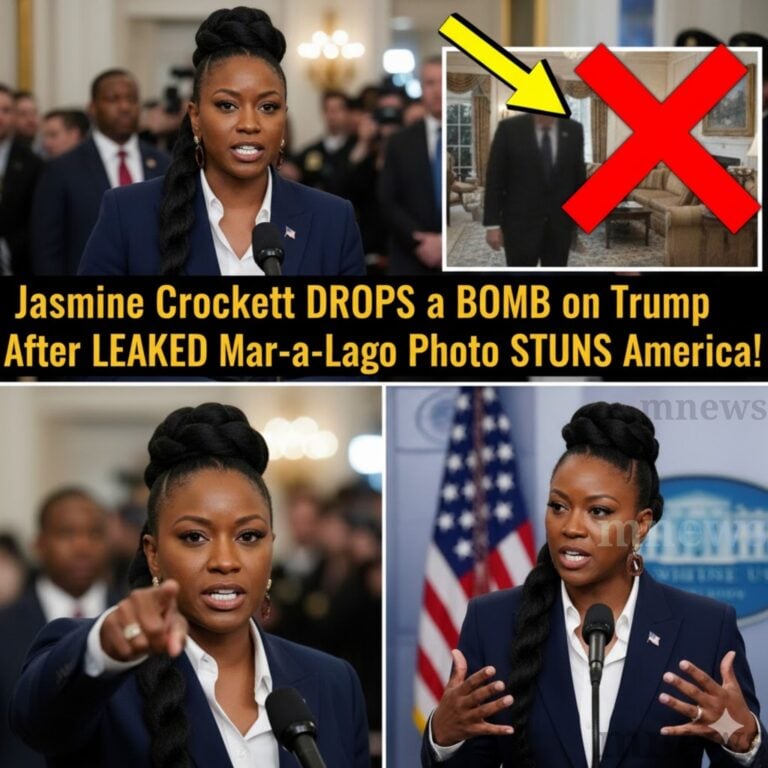Crown and Constitution: How the Sussex Children’s Titles Became a Test of Power, Policy, and Perception
The British monarchy’s symbolic authority often disguises its constitutional complexity. The debate over whether the children of Prince Harry and Meghan, Duchess of Sussex, should retain royal titles has become more than a family dispute — it is a case study in how the Crown adapts within a modern democratic framework. Beneath the celebrity drama lies a serious question: Who decides what “royalty” means in a constitutional state that claims to separate privilege from power?

The Legal Architecture of Royal Titles
Titles in the United Kingdom derive from letters patent — instruments of executive authority issued under the royal prerogative. The most recent adjustment, the 2012 amendment to the 1917 Letters Patent, ensured that all of the Prince of Wales’s children (then William’s) would be titled Prince or Princess. Archie and Lilibet, as the grandchildren of a reigning monarch, technically fall under this provision.
Yet constitutional scholars note that the monarch retains absolute discretion to alter, revoke, or withhold such honors. If King Charles III — or a future King William V — chooses to redefine the scope of royal styles, Parliament could intervene only symbolically. This places title decisions at the crossroads of tradition, executive power, and public accountability.
The Modernization Imperative
Since the 1990s, successive palace administrations have discussed “streamlining the monarchy.” The goal is to reduce the number of publicly funded working royals, aligning royal visibility with taxpayer expectations. Supporters argue that such a model enhances transparency and efficiency; critics contend that it risks turning the monarchy into a corporate brand, with “membership” based on utility rather than heritage.
Prince William’s reported ambition to formalize this structure — potentially by restricting titles to active royals — fits within that modernization narrative. It would transform royal status from a birthright into a form of constitutional service classification.
Diplomatic and Commonwealth Repercussions
The Sussex family’s relocation to California and their global media presence complicate this dynamic. Archie and Lilibet’s titles are recognized not just in the UK but symbolically across the Commonwealth realms. If a future British monarch were to revoke them, the move could reverberate through Canada, Australia, and Caribbean nations already reassessing their constitutional ties to the Crown.
Such an act might fuel republican sentiment by demonstrating how hereditary privilege remains subject to opaque discretion, a contradiction that modern constitutionalists find increasingly untenable. Diplomatically, it would also raise questions about the soft-power influence of the monarchy as a unifying symbol in multicultural societies.

Media Ecosystems and Political Optics
What was once internal family correspondence has become political theatre. British tabloids frame the issue as moral accountability; American outlets treat it as a celebrity narrative. Each interpretation pressures the monarchy differently.
In Britain, conservative commentators demand that the Crown protect its “integrity” — a euphemism for maintaining hierarchical discipline. Progressive voices, meanwhile, use the debate to critique inherited privilege itself. For the Palace, every decision about titles thus doubles as a policy communication exercise. How it manages transparency, language, and timing will influence public trust in an institution that depends entirely on perception.
The Security Question
Prince Harry’s legal challenge over personal security funding underscores how titles, status, and state protection are intertwined. If the Sussex children were formally detached from royal classification, the Home Office would have little obligation to provide security during UK visits. Critics of the government argue that this effectively politicizes royal safety — using security allocation as leverage in broader constitutional disputes. The situation illustrates a recurring paradox: the monarchy’s power is ceremonial, yet its practical implications reach deep into the machinery of state.
Institutional Strategy: King Charles’s Balancing Act
King Charles III faces a delicate constitutional balance. He must preserve familial unity while protecting the institution’s long-term credibility. Observers note that his approach mirrors that of a constitutional reformer constrained by sentiment — delegating more executive discretion to his heir while avoiding direct confrontation with his younger son.
By allowing William to shape modernization policy, Charles signals continuity; by refraining from immediate title interventions, he avoids the perception of vindictiveness. This measured restraint reflects an understanding that the monarchy’s authority now rests less on divine right and more on political legitimacy through restraint.
The Cultural Politics of Heritage
The question of titles also intersects with Britain’s ongoing reckoning over empire, race, and representation. Harry and Meghan’s public narrative — particularly their claims of institutional bias — transformed what could have remained a private administrative issue into a cultural and political fault line.
Revoking or redefining their children’s titles would inevitably be interpreted through that lens, regardless of official explanations. For a monarchy seeking relevance in a pluralistic 21st-century Britain, every decision must therefore balance tradition with inclusivity, avoiding the optics of exclusion that could alienate younger and more diverse citizens.
The Political Dimension
While Buckingham Palace operates above politics, the institution is never apolitical. Members of Parliament have already used royal controversies to advance agendas ranging from media reform to constitutional modernization. If the Sussex titles become a formal matter of state, expect renewed debate over the Royal Prerogative — the opaque set of powers exercised by the monarch without direct parliamentary oversight.
Such a confrontation could reopen the long-dormant question of whether the monarchy should remain both head of state and source of executive authority. In that sense, a seemingly personal decision about two young children could catalyze the most significant constitutional discussion since the Brexit era.
International Comparisons
Across Europe, royal houses have already adopted streamlined models. The Swedish and Danish monarchies have reduced official titles for extended family members, reframing them as private citizens. Those reforms were greeted domestically with approval for aligning ceremonial monarchy with democratic equality.
If William follows similar lines, Britain would be late — but not radical — in catching up with continental precedents. Yet Britain’s monarchy carries unique symbolic weight due to its global media profile and colonial history, meaning the political consequences could be far larger.
Public Opinion and the “Crown Contract”
Polling consistently shows that while most Britons support the monarchy in principle, they expect transparency and proportionality. The “social contract” between monarch and public has evolved: it now demands moral coherence as much as ceremonial continuity.
To revoke or preserve titles must therefore be justified as a matter of principle, not personal grievance. Failure to communicate that principle risks eroding the monarchy’s informal mandate — its consent to operate as a constitutional symbol.

The Path Ahead
If and when the Crown acts, three outcomes are plausible: incremental reform, full revocation, or deferment. Each carries distinct political implications — from quiet acceptance to constitutional challenge. Ultimately, the monarchy’s success in managing this issue will hinge less on the legal document itself than on the narrative it constructs: modernization versus vindictiveness, duty versus family, continuity versus change.
Conclusion – The Monarchy as a Mirror of the State
The controversy surrounding Archie and Lilibet’s titles is not merely about lineage; it is about how Britain governs symbols in an age demanding substance. Whether or not any revocation occurs, the debate exposes the monarchy’s paradox: an ancient institution navigating democratic scrutiny while still exercising prerogatives that bypass it.
In that tension lies the story of Britain itself — a nation perpetually balancing reverence for history with the realities of modern governance.





